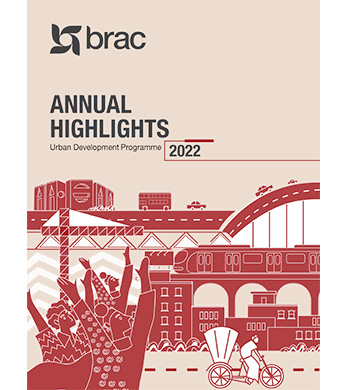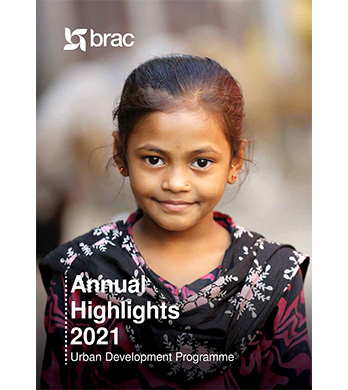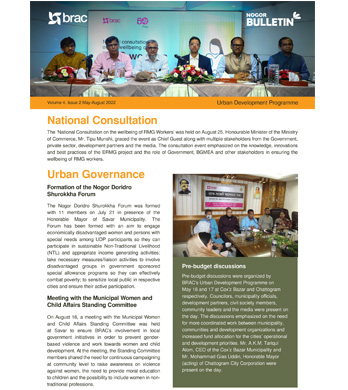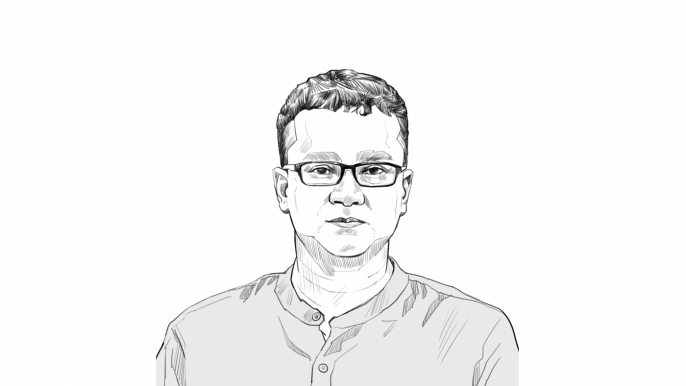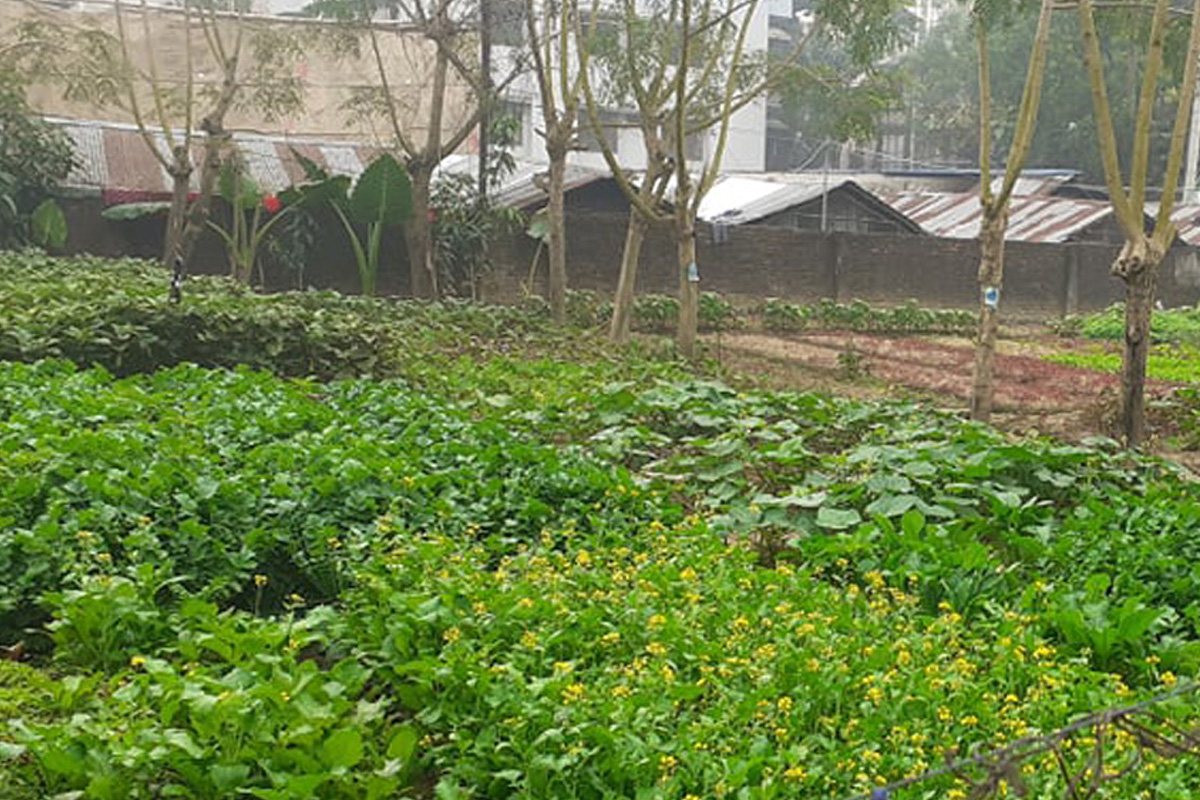50% of Bangladesh’s population will live in urban settlements by 2030
Up to 2,000 people move to Dhaka, Bangladesh’s capital, every day, making it the world’s fastest-growing megacity. Many of these people end up living in informal settlements, lacking access to basic services like housing, infrastructure, safe drinking water, sanitation, health and education.
We make cities work for everyone. Our community-led development approach ensures that people living in marginalised situations in cities have access to livelihood opportunities and basic services. We partner with city authorities to promote inclusive, gender-responsive and resilient urban development.
NUMBERS
Reduced multidimensional poverty and improved wellbeing of 1.4 million people living in urban poverty
Improved living standards of 2,500 people through low-cost, climate-resilient housing initiatives
Inclusive and resilient urban planning with strengthened governance in 15 cities, through public service delivery mechanisms
WHAT WE DO
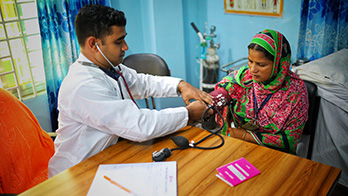
Basic services
Ensure safe, affordable and quality services for the urban poor, including health, education, Water, Sanitation and Hygiene (WASH), legal aid, crisis management and financial inclusion
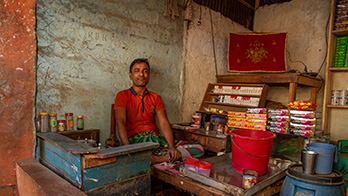
Economic empowerment
Facilitate livelihoods, skills and entrepreneurship opportunities, urban agriculture and market linkages
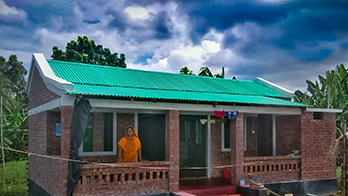
Low-cost housing and slum upgrading
Ensure adequate, safe and affordable housing and overall slum upgrading, including drainage, footpaths, access to roads, lighting, solar energy, waste management and tree plantation

Climate change, disaster risk response and environment
Promote pro-poor urban development, and integrate climate change, disaster response and environment into city planning
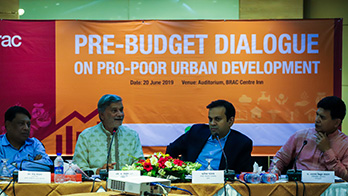
Urban planning and governance through policy advocacy
Strengthening urban planning and governance for inclusive and resilient urban development and improving public service delivery mechanisms
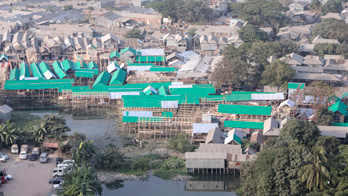
Emergency support
Support people living in low-income communities in cities during crises
HOW WE DO IT
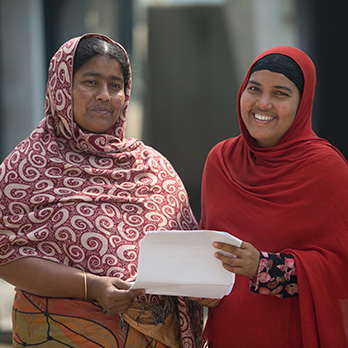
Service integration
Leveraging a strong referral system to access affordable and quality services through partnership and collaboration with the government, non-governmental organisations and the private sector.
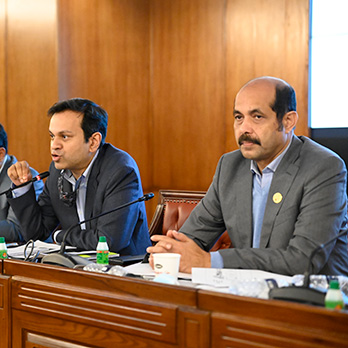
Community-NGO-private partnerships
Joint investment, planning and decision making for financial, social and environmental sustainability.

Piloting and scaling self-sustaining models
Innovative models which use cost sharing and cost recovery approaches to ensure sustainability.
WHY IT WORKS
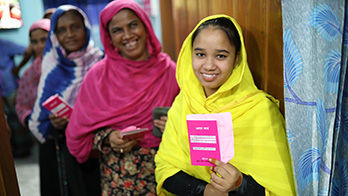
Financial leverage
Mobilising resources through community-NGO-private partnership, social enterprise and service integration.
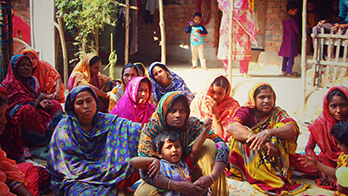
Community-led development
Engaging communities to identify, prioritise and develop action plans to ensure need-based solutions and ownership.
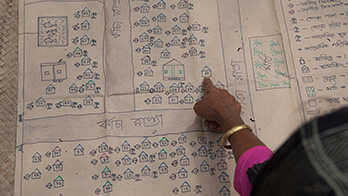
Innovation
Keeping data, learning, insight, research and evidence at the core of all decisions and initiatives.





